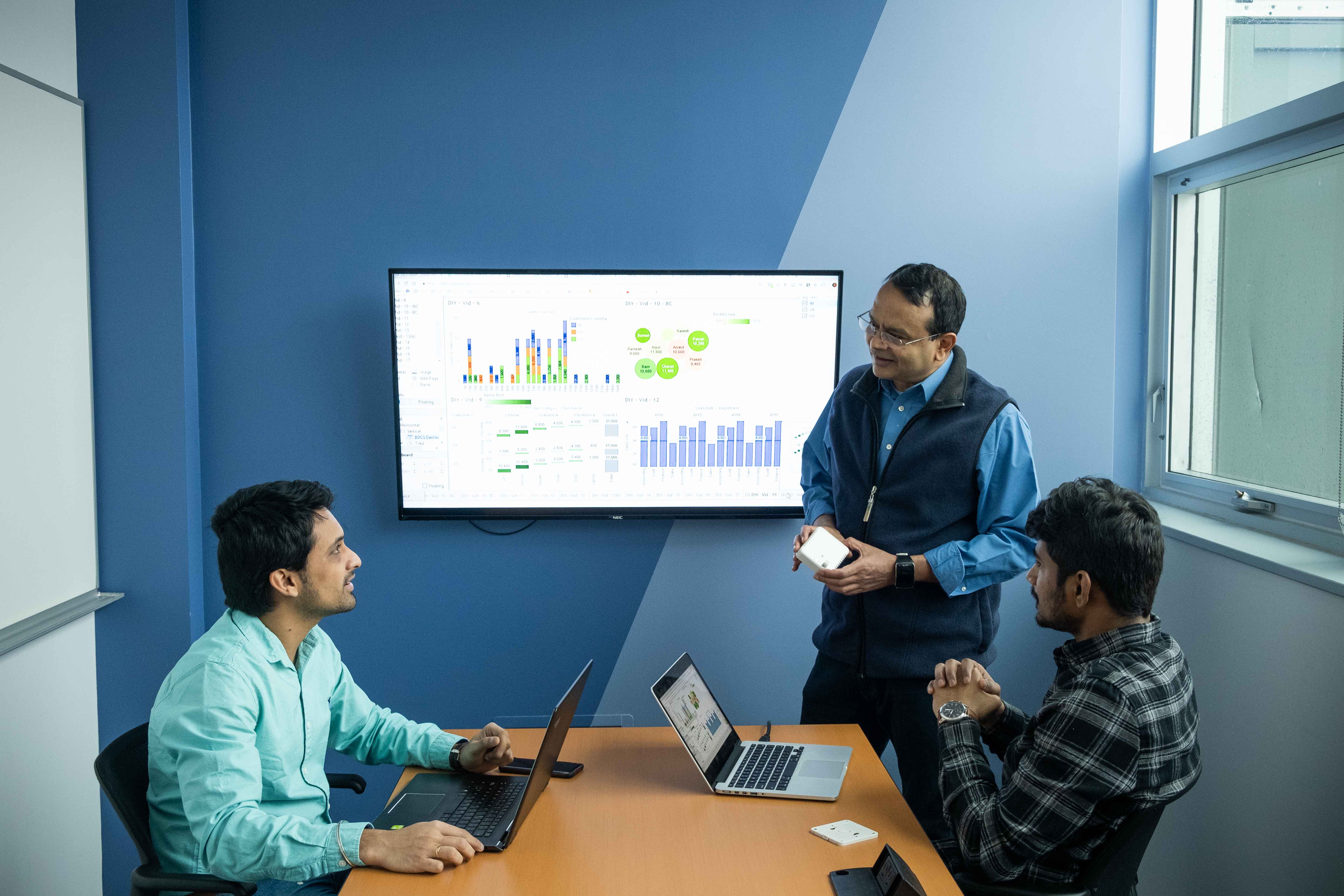 Spring, 2019
Spring, 2019
Pawan Lingras takes massive amounts of data and forms intelligent conclusions from them. He and his students at Saint Mary’s University in Halifax work with several companies — as many as 15 over the last three years — to help them take the data they collect and improve efficiency and or draw important conclusions.
With Green Power Laboratories Inc, for example, the goal is energy conservation for the company’s client’s work sites, which can be anything from an office building, a manufacturing plant or a shopping mall.
“The goal is to ensure comfort of the occupants, but once you ensure that, you want to optimize the energy consumption,” Lingras says. “Doing physical testing on a building with the heating and cooling plant can be expensive because you need to get data for all kinds of combinations to figure out the ultimate energy conservation.”
Instead, he uses the services of ACENET, a regional partner of Compute Canada with fourteen Atlantic Canada member institutions that provides large-scale high-performance computing facilities, to simulate engineering plants to see how they behave under different conditions.
“We have to use predictive analytics to come up with mathematical model to capture power plants’ behaviour,” he said. “This is all done with high-performance computing.”
Another company he’s working with is called Hanatech Solutions, and he helps the company manage a large stream of data within its many applications and installations.
“Storing all that data is a big problem,” he says. “Sometimes these sites are very remote and moving the data is very costly. Our goal is to reduce the costs and ultimately save money.
Another company — HomeExcept — makes non-intrusive sensors to monitor activity in a house, for example, to keep an eye on an elderly person who lives alone. The systems are less intrusive than cameras. They will monitor, for example, whether someone is in the bathroom too long, someone has fallen, or they haven’t been to the kitchen for a few days.
“This company received multiple awards, including one from the American Association of Retired Persons,” Lingras says.
In this case, his research group is building the app and collecting and analyzing the data the company collects.
His program — Saint Mary’s University’s M.Sc. in computing and data analytics — attracts a large number of students with experience in global IT and the students do most of the R&D work. The program has dual advantages. First, it gives students real-world experience to help develop them into highly qualified personnel (HQP), and second, it supports startups from a variety of different fields. Those startups in turn help stimulate the local and national economies.
“These startups don’t need this expertise year-round, necessarily, so the availability of it on demand works for them, and it provides cutting-edge experience for our students,” Lingras says.
The team uses ACENET’s services to simulate the conditions they need and also to analyze the data their clients are collecting.
Spring, 2019